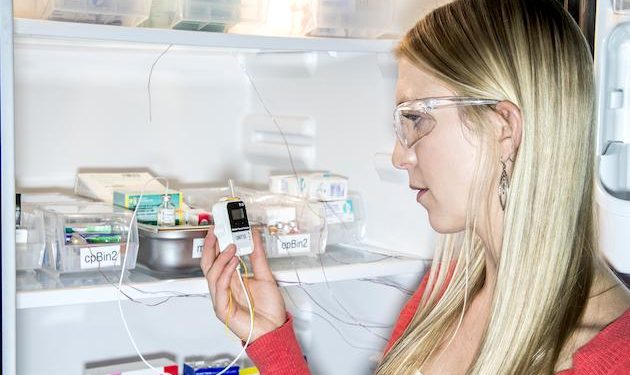- Pharmaceutical giant Pfizer this week obtained US regulatory approval to store its COVID-19 vaccine at normal refrigerator temperatures for up to one month, this greatly easing logistical barriers to more widespread distribution of the vaccine
- As the vaccine is based on an extremely fragile molecule, called messenger RNA, or mRNA, ultra-cold temperatures were prescribed for its long-term storage when the U.S. Food and Drug Administration approved its use last December
- According to experts, the new storage requirement would allow for more flexibility in walk-in appointments, improve primary care access to the vaccine and allay concerns about wasting vaccines
NEW YORK CITY, New York: Pharmaceutical giant Pfizer this week obtained US regulatory approval to store its COVID-19 vaccine at normal refrigerator temperatures for up to one month, this greatly easing logistical barriers to more widespread distribution of the vaccine.
“The ability to store Pfizer vaccine in refrigerators for a period of time is great news, as this makes the vaccine more readily available to the public because community clinicians, like me, are able to get, store and deliver vaccinations to help us reach the last mile, have more flexibility in distribution plans and reach areas where vaccines may be harder to access in a timely manner,” according to Dr. Jay Bhatt, an internist in Chicago, as quoted by ABC News.
As the vaccine is based on an extremely fragile molecule, called messenger RNA, or mRNA, ultra-cold temperatures were prescribed for its long-term storage when the U.S. Food and Drug Administration approved its use last December.
This meant the vaccine had to be shipped in boxes filled with dry ice and could only be kept in a refrigerator for five days, which restricted its distribution to cities with ultra-cold storage facilities.
According to experts, the new storage requirement would allow for more flexibility in walk-in appointments, improve primary care access to the vaccine and allay concerns about wasting vaccines.
It would also speed up the inoculations of adolescents and teens, as it would allow the vaccine to be administered in school settings and in pediatricians’ offices
Pfizer is also preparing to supply smaller packages of 450 doses to improve access to vaccines in remote areas.
“This important move to bring vaccines more locally removes some barriers to access — people can receive the vaccine in their homes, do not have to take extra time from work, can receive the vaccine from people they trust — and ultimately is a tool in creating greater health equity,” said Dr. Katherine Gergen Barnett of Boston Medical Center, as quoted by ABC News.






